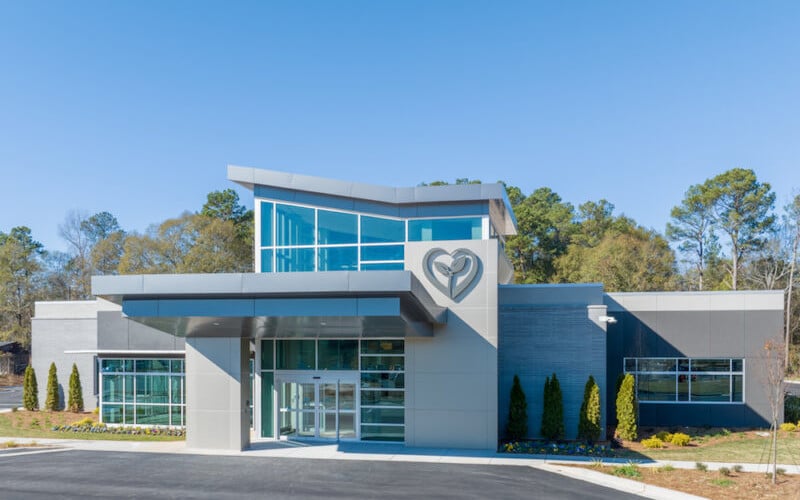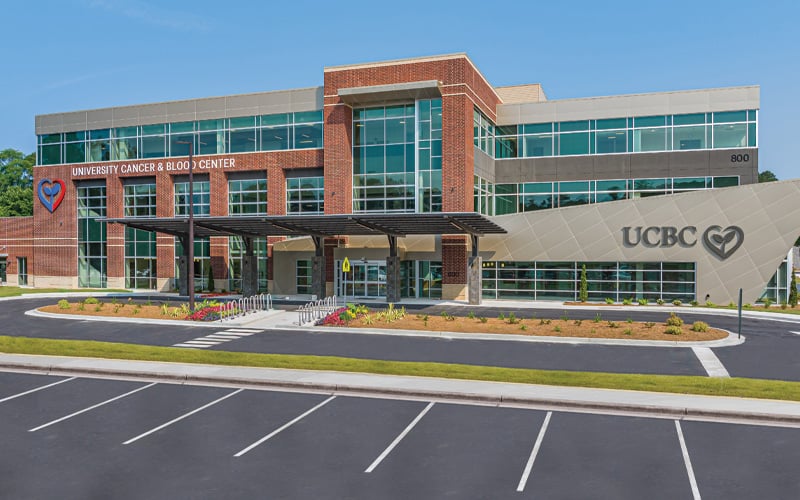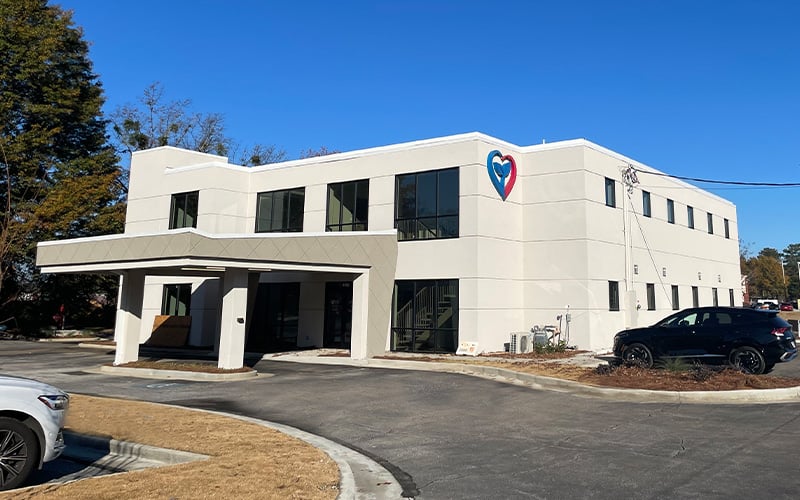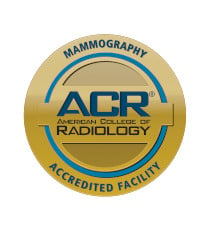The kidneys are two bean-shaped organs roughly the size of a fist, located in your abdomen just behind your lower ribs. They play an important role in filtering waste out of the body through urine. Your kidneys also help to maintain the balance of essential chemicals, such as sodium, calcium, and potassium, while producing hormones that control blood pressure and aid in red blood cell production.
Since these organs have so many functions, there’s a lot that can happen when something goes wrong with them. One issue that can occur is kidney cancer. Here’s an overview of the condition and how it’s treated.
What Are the Signs of Kidney Cancer?
Kidney cancer develops when certain cells in your kidney grow out of control. Most types of kidney cancer are renal cell carcinomas, which usually develop into a single tumor within a kidney. Rarely, cancer may form in the lining of the renal pelvis in a condition known as transitional cell carcinoma.
Regardless of the type, people with kidney cancer may experience the following symptoms:
- Blood in their urine
- Persistent pain in their back
- Loss of appetite
- Fatigue
- Unexplained weight loss
- Fever
What Causes Kidney Cancer?
As with many types of cancer, experts haven’t identified a single definitive cause for kidney cancer. It develops when kidney cells experience a DNA mutation. There are certain risk factors that can increase the risk of kidney cancer, including:
- High blood pressure
- Advanced age
- Smoking
- Obesity
- Previous treatment for kidney failure
- Family history of kidney cancer
- Certain inherited conditions, such as von Hippel-Lindau disease, Birt-Hogg-Dube syndrome, and tuberous sclerosis complex
- Taking certain pain medications for extended periods
- Having long-lasting Hepatitis C infections
- Having kidney stones
- Exposure to trichloroethylene, a chemical used to remove grease from metal
While not all of these risk factors can be controlled, lifestyle approaches such as blood pressure management and smoking cessation could help to reduce your risk.
How Is Kidney Cancer Treated?
Cancer treatment care may be overseen and administered collaboratively by several different specialists, including urologists, radiation oncologists, and medical oncologists. Treatment typically depends on the stage of the cancer. For instance, local therapies are used to address earlier stage cancers, and will treat the tumor without affecting other areas of the body. These could include surgery to remove the cancer alone or the entire kidney; radiofrequency ablation, which uses high-energy radio waves to heat the tumor; or cryotherapy, which uses extreme cold to destroy the tumor. Radiation therapy may also be used, which targets high-energy rays or particles at cancer cells.
In addition to local therapies, there are also systemic treatments which can be administered orally or directly into the bloodstream. These drugs can reach cancer cells throughout other areas of the body. Treatments may include targeted drug therapy, immunotherapy, and chemotherapy.
Facing any type of cancer diagnosis is overwhelming, but it helps to know that you have a team of experts by your side. If you or a loved one has been diagnosed with cancer, turn to UCBC. Our expert oncologists treat a wide variety of cancers through advanced, customized, comprehensive approaches. Find out more about how we can help by contacting us online or by calling 706-353-2990.

















